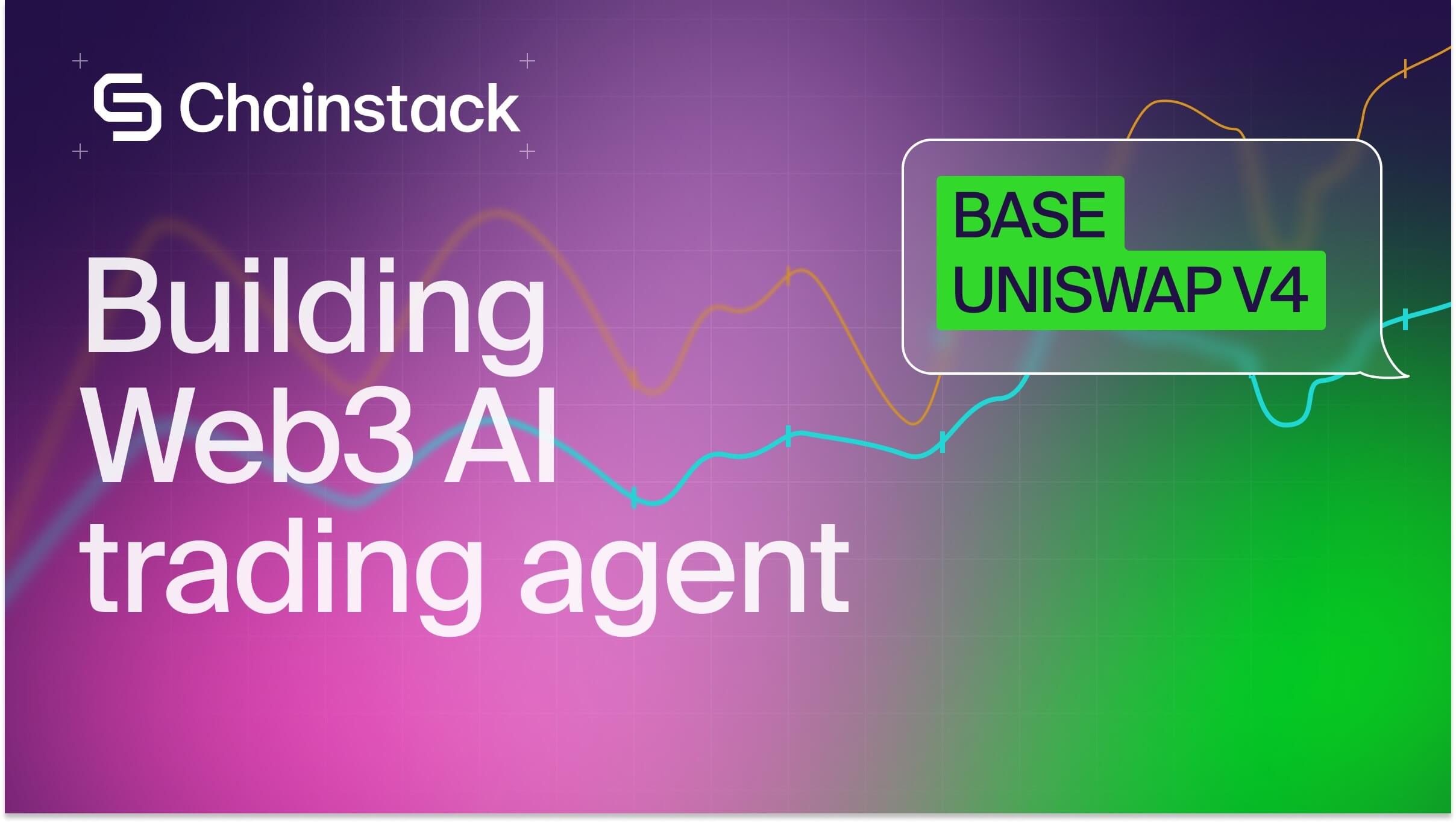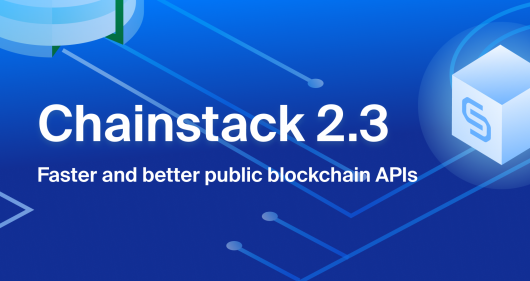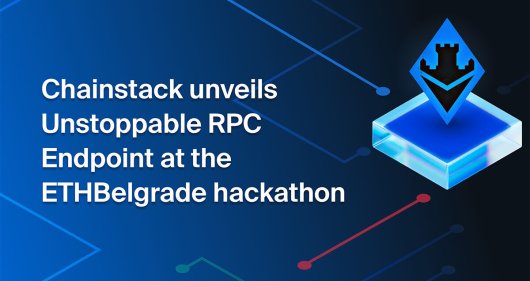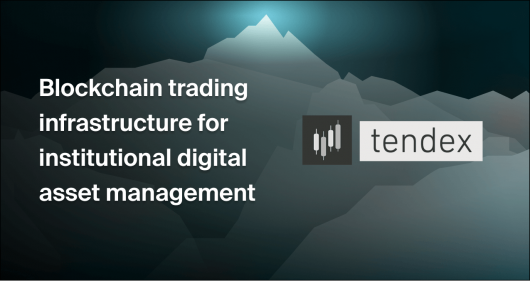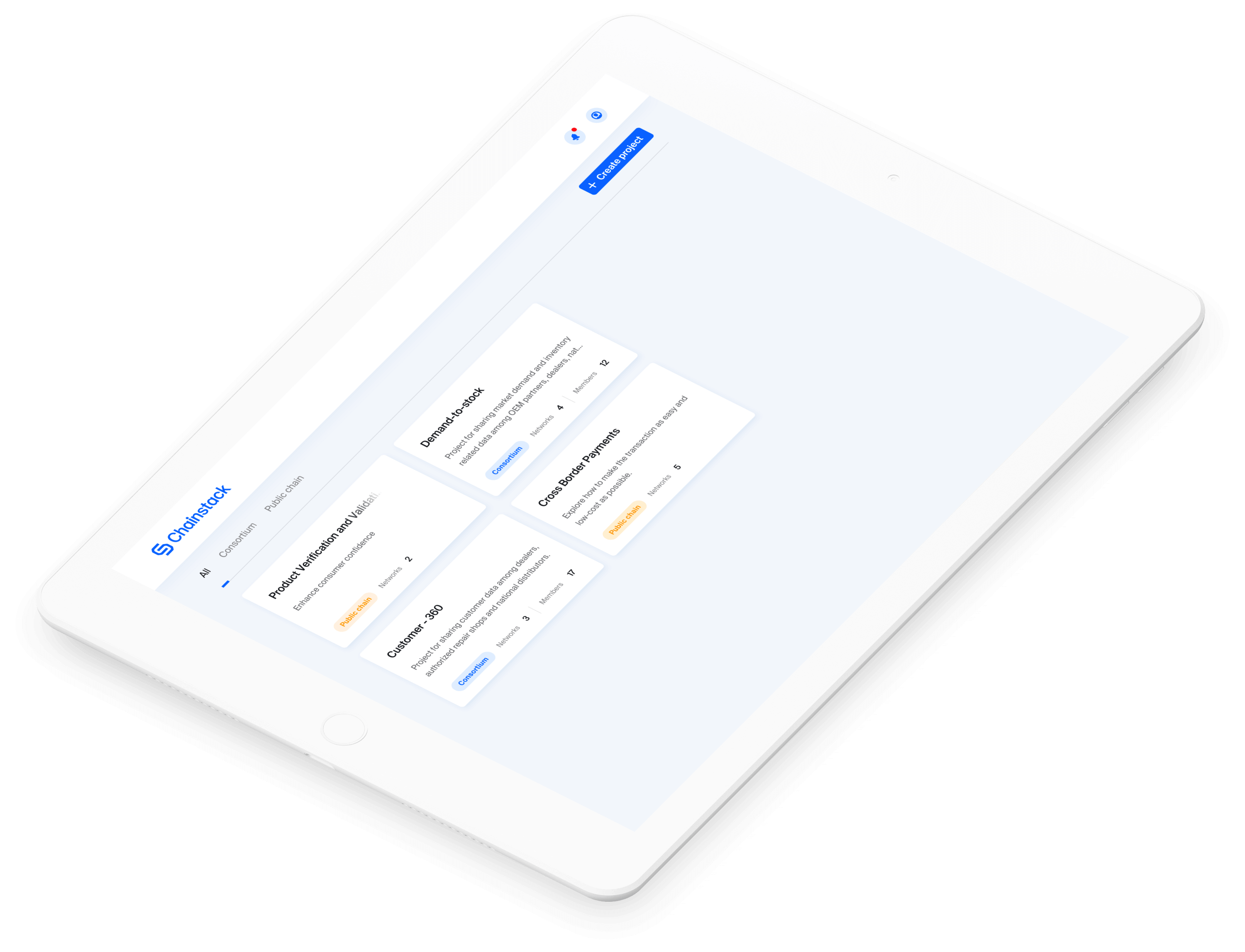Unlimited Node for Web3 wallets: Scale with confidence and ease
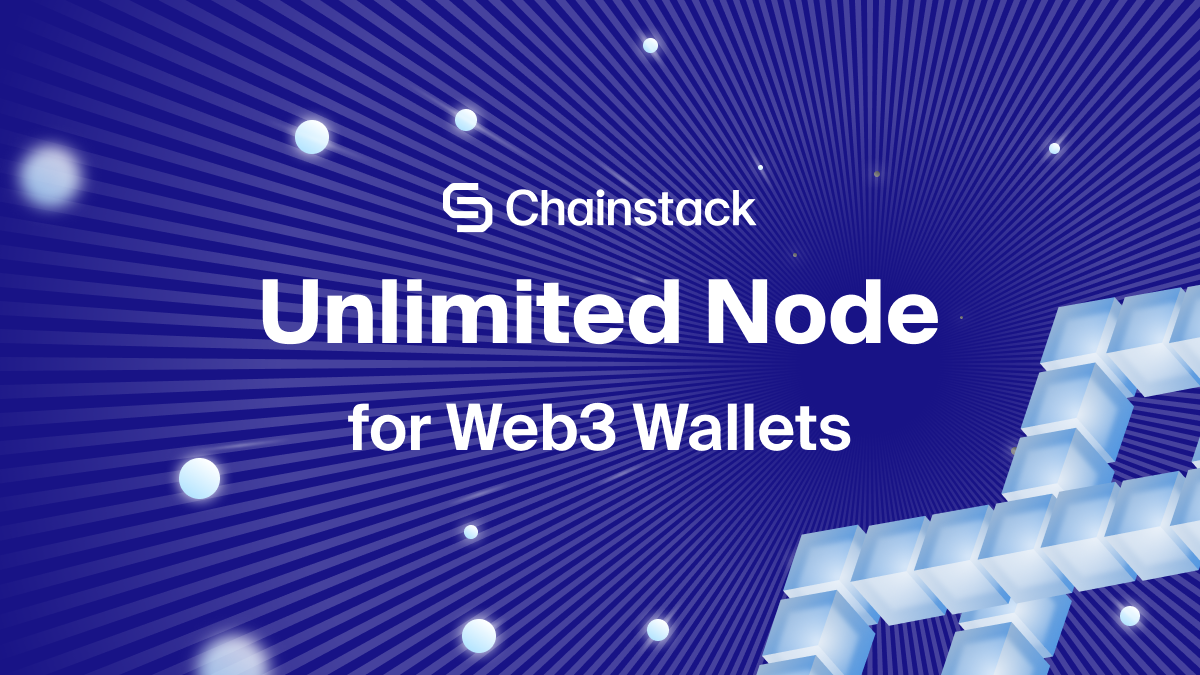
Web3 wallets live and die by infrastructure performance. Whether it’s real-time balance updates, fast transaction broadcasting, or seamless multi-chain support—the backend must be fast, reliable, and scalable.
But performance isn’t the only challenge.
The real blocker is the pricing model.
Most RPC providers still tie billing to per-request charges, method-based multipliers, and usage-based pricing that penalizes growth.
The result?
For Web3 wallets, infrastructure costs are always too complex to predict.
The problem: RPC billing that punishes growth
As your wallet scales, infrastructure usage grows fast. Every user interaction—account lookup, eth_call, gas estimate—turns into multiple RPC calls.
Here’s what you’re actually paying for:
- Method-based multipliers (e.g., 10x–120x for
eth_call,trace_*, ordebug_*) - API credits or compute units instead of real request counts
- PAYG pricing that fluctuates based on usage spikes
- Lack of visibility into what’s driving costs
Every real-time token update. Every gas estimate. Every nonce check.
It all adds up fast—especially during peak usage.
| Method, weight | Chainstack | Provider 1 | Provider 2 |
|---|---|---|---|
| eth_getTransactionReceipt | 1 | 20 | 20 |
| eth_call | 1 | 20 | 26 |
| eth_getBalance | 1 | 20 | 20 |
| eth_chainId | 1 | 20 | – |
| eth_getBlockByNumber | 1 | 20 | 20 |
| eth_blockNumber | 1 | 20 | 10 |
| eth_getLogs | 1 | 20 | 60 |
| eth_estimateGas | 1 | 20 | 20 |
Under traditional billing models, scaling a wallet backend introduces friction at every stage:
- Unpredictable infrastructure costs that derail planning
- Usage caps that slow down feature rollouts
- Time lost tracking billing anomalies or debugging cost spikes
- Added complexity in monitoring and forecasting infrastructure spend
These challenges stem from opaque billing structures, including:
- Per-request charges that escalate with traffic
- Method-based multipliers that inflate usage costs
- Usage spikes that generate billing surprises
- Complex unit pricing models that are hard to track
Instead of focusing on product velocity, wallet teams end up firefighting infrastructure billing.
The solution: Unlimited Node
Unlimited Node is a new, transparent RPC billing model that replaces complexity with predictability.
You get unlimited RPC usage within a selected requests-per-second (RPS) tier, for a flat monthly fee.
Key benefits for Web3 wallet builders:
- Flat-rate pricing across clear RPS tiers (25 to 1,000 RPS)
- Unlimited usage within your tier—no per-call pricing
- No method multipliers or hidden costs
- Supports all Chainstack-supported protocols
- Built for high-throughput, production-grade workloads
Learn more about Unlimited Node on Chainstack.
How to get started
- Log in to the Chainstack console
- Deploy your node on the desired chain(s)
- Apply the Unlimited Node add-on
- Choose your RPS tier based on traffic needs
- Connect your backend and start building at scale
Unlimited Node is available from the Growth plan. Mix and match with quota-based nodes as needed.
Power-boost your project on Chainstack
- Discover how you can save thousands in infra costs every month with our unbeatable pricing on the most complete Web3 development platform.
- Input your workload and see how affordable Chainstack is compared to other RPC providers.
- Connect to Ethereum, Solana, BNB Smart Chain, Polygon, Arbitrum, Base, Optimism, Avalanche, TON, Ronin, zkSync Era, Starknet, Scroll, Aptos, Fantom, Cronos, Gnosis Chain, Klaytn, Moonbeam, Celo, Aurora, Oasis Sapphire, Polygon zkEVM, Bitcoin and Harmony mainnet or testnets through an interface designed to help you get the job done.
- To learn more about Chainstack, visit our Developer Portal or join our Discord server and Telegram group.
- Are you in need of testnet tokens? Request some from our faucets. Multi-chain faucet, Sepolia faucet, Holesky faucet, BNB faucet, zkSync faucet, Scroll faucet.
Have you already explored what you can achieve with Chainstack? Get started for free today.
 Ethereum
Ethereum Solana
Solana TON
TON Base
Base BNB Smart Chain
BNB Smart Chain Sui
Sui Unichain
Unichain Aptos
Aptos TRON
TRON Ronin
Ronin zkSync Era
zkSync Era Sonic
Sonic Polygon
Polygon Gnosis Chain
Gnosis Chain Scroll
Scroll Avalanche Subnets
Avalanche Subnets Polygon CDK
Polygon CDK Starknet Appchains
Starknet Appchains zkSync Hyperchains
zkSync Hyperchains











